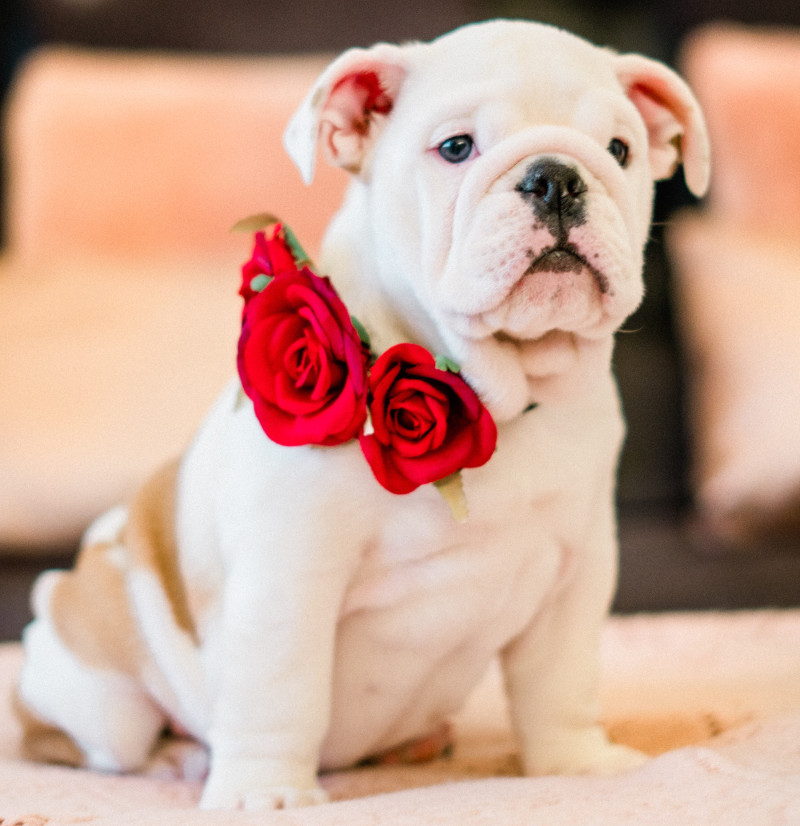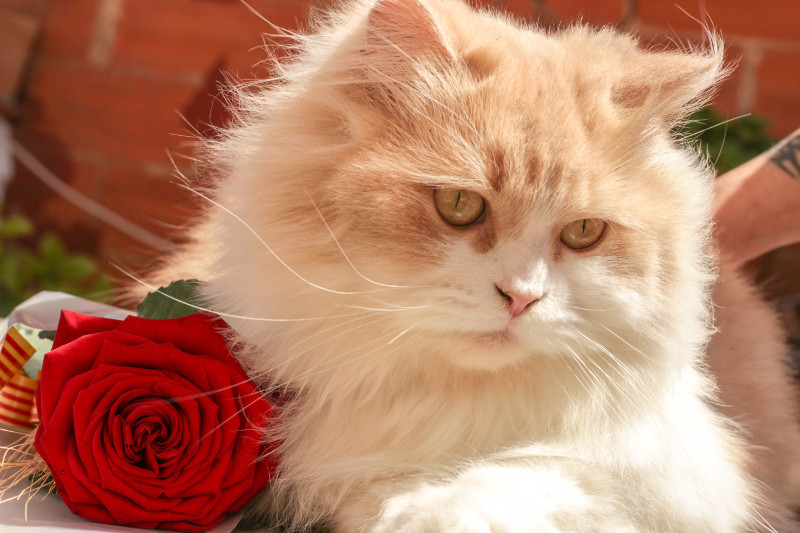The rose is a perennial flowering plant of the genus Rosa. Growing well in U.S. Department of Agriculture plant hardiness zones 6 through 9, rose bushes are a popular choice for garden and landscape areas. True roses (Rosa ssp.) are nontoxic to children and pets, including cats, dogs, and horses. What may be of more concern is the harm that the thorns can do to the skin of your kids and pets.
When purchasing your rose, make sure that the botanical name of the plant contains the word “Rosa” to ensure you are choosing a true rose plant. Many flowering plants have the word “rose” in their common name, but are not true roses. Rose of Sharon, Primrose, Rosebay, Christmas Rose, Moss Rose, or Desert Rose can be poisonous to children and pets.
Are Roses Poisonous to Children
A true rose (Rosa ssp.) is a safe flower to have around your small children. In fact, the petals of all varieties of the rose plant can be eaten and are often used in food recipes. Be careful of other flowering plants that have the word “rose” in their common name (Primrose or Christmas Rose,) as they may be mildly toxic or confused with toxic plants.
Carefree children wandering in the yard are more likely to come in contact with the thorny branches of the rose, causing scratches or minor skin irritations.

Are Roses Poisonous to Dogs
The American Society for the Prevention of Cruelty to Animals confirms that there's no evidence of roses being poisonous to pets, dogs included. A rose’s fragrant aroma and sweet taste will tempt a canine to chew and eat the petals, but don’t worry, it is not toxic. It is best to remember that consumption of any plant matter can cause stomach upset in dogs.
Be cautious of insecticides or weed killers used on all common plants as they can harm pets. Call your veterinarian if you think your dog has ingested part of a plant or pesticides.

Are Roses Poisonous to Cats
The American Society for the Prevention of Cruelty to Animals confirms that there's no evidence of roses being poisonous to pets, cats included. True roses (Rosa ssp.) are nontoxic to felines. It is important to note that some common flowers will contain the word “rose” in its name (Rose of Sharon, Primrose, Rosebay, Christmas Rose, Moss Rose, Desert Rose.)
These plants are poisonous to cats. Curious cats wandering through the garden can easily come into contact with rose thorns. A rose bush’s thorns can cause deep cuts or scratch the nose, ears, or eyes of your feline friend. It is best to pick up debris after pruning your rose bushes to prevent tender paws from getting poked.

Are Roses Poisonous to Other Animals
According to ASPCA, the Rosa species of the common rose plant is non-toxic to horses, and other farm animals.
Symptoms of Rose Poisoning
Rose poisoning does not need to be of concern. It is best to remember that ingestion of any plant material by animals can cause stomach issues as it is difficult to digest. Of more concern are the chemical products used on your roses.
Disulfoton is sometimes used in rose granule products and can be deadly to dogs and cats if consumed. Always check with your doctor or veterinarian for guidance if you suspect chemical poisoning. Common symptoms to look out for are stomach upset, vomiting, and breathing difficulties.
While eating or smelling the petals of roses, your pet can easily come into contact with the thorns of roses bushes. Rose thorns can stick into the pad of your pet’s feet, injure their mouth, or scratch their eyes. Eye injuries are more serious and should be addressed immediately by contacting your vet. Symptoms of an eye injury are:
- Rubbing with paws
- Redness of the eye
- Squinting
- Tearing
- Blood, pus or mucus
Pet Poison Helpline
If something were to happen to your furry friend, and you suspect that they are suffering from plant or chemical poisoning, there is a poison control hotline to call for 24/7 vet advice. It is called Pet Poison Hotline, and their phone number is (855) 764-7661.
Click here for a complete list of Pet Safe Plants.
Sources:
"Rose." American Society for the Prevention of Cruelty to Animals. aspca.org
"Edible rose flowers: A doorway to gastronomic and nutraceutical research." Food Res Int. 2022 Dec;162(Pt A):111977.
 |
Author Chris Link - Published 05-28-2021 |
